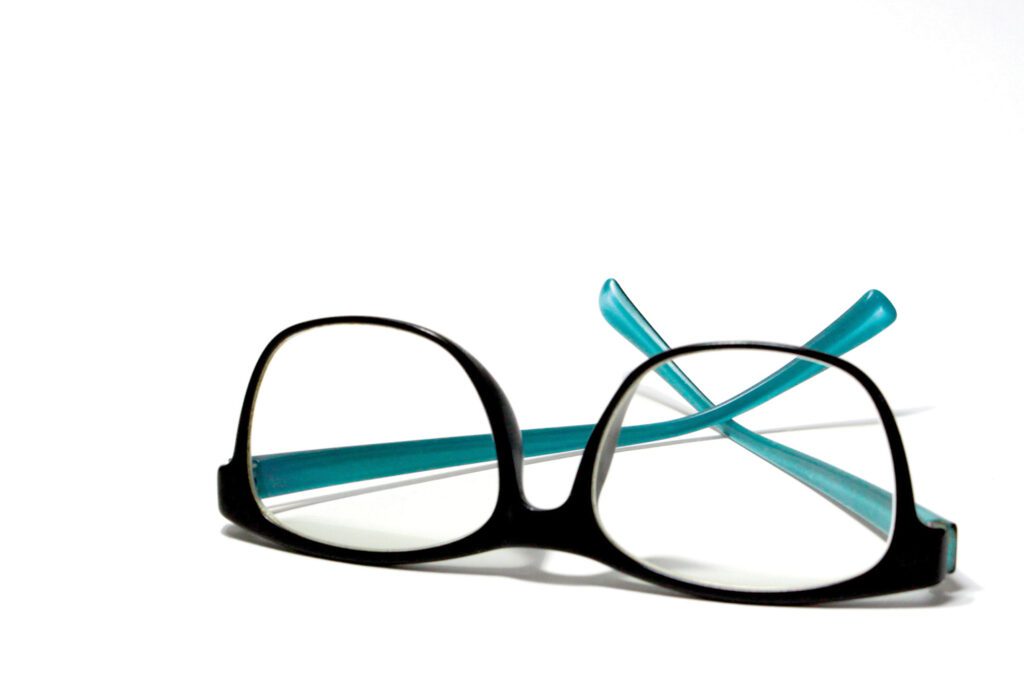

Q. My kids seem to get swimmer’s ear every year. With pool season just around the corner, is there anything we can do to prevent it?
A. To prevent swimmer’s ear, that painful, itchy condition that’s common during the summer, I recommend a couple of things. First, if your child has excess earwax, use a home earwax removal system once a month or more. This reduces the risk of infection because water can no longer get trapped behind wax buildup. It’s also important to dry the ears out after a trip to the pool, since the moist environment can aid in bacteria growth. After showering or rinsing off, put two to three drops of rubbing alcohol in each ear to dry out residual water.



Todd Rudolph, MD
Medical Director, AFC Urgent Care/Family Care
Q. I’ve been told the risk for hip fracture increases dramatically after age 50. Are there things my husband and I can do to prevent it?
A. The incidence of hip fractures increases with age, doubling each decade after age 50. Most hip fractures happen to people older than age 60. Caucasians and Asians are more likely to be affected than others, and women are more prone to them than men. This is because more women than men suffer from osteoporosis (bone loss).
To prevent hip fractures, individuals should ensure they are consuming enough calcium every day and engaging in regular weight-bearing exercise, such as walking, jogging, or hiking. Exercise programs like Tai Chi help promote strength and balance.
Other preventive measures may include: eating a calcium-rich diet, stopping smoking, avoiding excessive alcohol use, keeping objects off the stairs and floors to prevent falls, using slip-resistant rugs next to the bathtub or shower, installing grab bars in the tub, installing nightlights from the bedroom to the bathroom, using rug pads or non-skid backing to keep rugs in place, and avoiding unsteady furniture or ladders to stand on.



Amjad Munir, MD
Medical Director, HealthSouth Chattanooga Rehabilitation Hospital
- 423.698.0221
- 2412 McCallie Ave, Chattanooga, TN 37404
- healthsouthchattanooga.com
Q. I’ve heard that ketamine is being used to treat depression. How does it work?
A. While traditional antidepressants alter the balance of chemicals like serotonin and dopamine in the brain, ketamine changes the way brain cells communicate with each other. It blocks a specific type of brain receptor known as NMDA (N-methyl-D-aspartate). NMDA is activated by glutamate, a neurotransmitter that in excessive quantities can overstimulate brain cells and lead to depressive side effects. Ketamine also stimulates the growth of new brain cells.
With ketamine infusion therapy, a patient will receive a subanesthetic (small enough to prevent psychological side effects) dose through an IV. The IV takes approximately 40-60 minutes to fully disperse and is administered once a week for one to four weeks, on average. Timing and the number of treatments may vary from patient to patient and will be determined by the attending physician. Many patients will require booster treatments over time to reinforce ketamine’s effectiveness.



Dr. Kerry D. Friesen
Medical Director, The Friesen Center
Q. I’ve been considering LASIK for a long time now because I’m tired of wearing glasses. How do I know if I’m a good candidate?
A. First, you need to have a LASIK evaluation in your doctor’s office, which should include the following:
- A dilated eye exam
- A refraction test to determine if you are nearsighted, farsighted, or have astigmatism
- Topography of the cornea to determine if the corneas are strong enough to undergo surgery
- A test for dry eyes



Your doctor will then ask if your prescription has been stable for one year, if you wear glasses or contacts and what type you wear, if you can see near or far without glasses, and if you have any medical conditions that might interfere with the procedure. You will also need to explain the quality of your night vision. From there, your doctor will make an assessment and talk to you about the risks and benefits, should you be a good candidate for the procedure.



Deborah DiStefano, MD
Ophthalmologist, Corneal and Refractive Specialist, DiStefano Eye Center
- 423.648.3937
- 1815 Gunbarrel Rd. Chattanooga, TN 37421
- distefanolaser.com
Q. I think I have a pinched nerve in my neck and it’s driving me crazy. How can I find relief?
A. Treatment options for a pinched nerve will vary based upon the degree of pain and aggravation. Try over-the-counter anti-inflammatories and topical pain relievers initially. Another good option is to visit a chiropractor or physical therapist. Oftentimes the symptoms will subside after a few months.
If the pain and nuisance continue and/or are severe, your spine provider will perform an examination and evaluate your X-rays and CT scan or MRI. Options such as steroid injections or radio frequency ablation may be discussed.
Surgery may be an option if pain is continuing to limit sleep and quality of life. If severe spinal cord compression is found, surgery will likely be recommended.
Usually, the surgical options involve removing the pressure from the nerves by replacing the discs or marrying one vertebral body to another. The procedures are typically outpatient or involve a brief hospital stay. Many patients are able to work and play within weeks of the surgery.



Jay Jolley, MD
Spine Specialist and Surgeon, Southeastern Spine
- 423.693.2175
- 281 N. Lyerly, Suite 300, Chattanooga, TN 37404
- sespineandjoint.com

